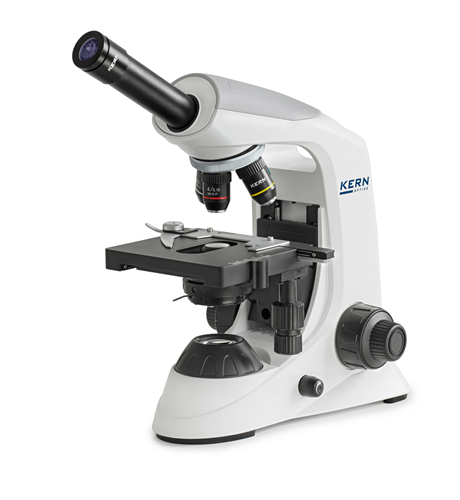


Veterinarians with their own practice

Application number: EN - 2387
The modified McMaster method reliably detects parasite stages in a horse's intestine. Endoparasite eggs are counted in the feces under a microscope to determine the degree of infestation. This precise diagnostic method enables targeted deworming, avoiding unnecessary medication, which has a positive impact on the horse's health and the development of parasite resistance.
more
Additional information
Horses excrete up to 20 kg of feces daily, making a fecal sample easy to collect and providing valuable insight into the animal's health. Regular parasitological examination helps detect intestinal parasite infestation early and treat it effectively. Fecal analysis is particularly strongly recommended for cases of digestive disorders, while veterinarians recommend two to four control samples per year for healthy horses. Thanks to the modified McMaster method, the parasite stages can be counted microscopically to precisely determine the infestation and avoid unnecessary administration of deworming medication. This contributes to the long-term health of the horses and sustainable parasite control.
Model :
Optical System :
Tube :
Eyepiece :
Price :
OBE 131
Finite
Monocular
Eyepiece HWF 10x / Ø 18mm with anti-fungus, high eye point
€ 540.-
DAkkS calibrations are also possible on site
All prices are net, valid until 14.12.2025 plus shipping cost
